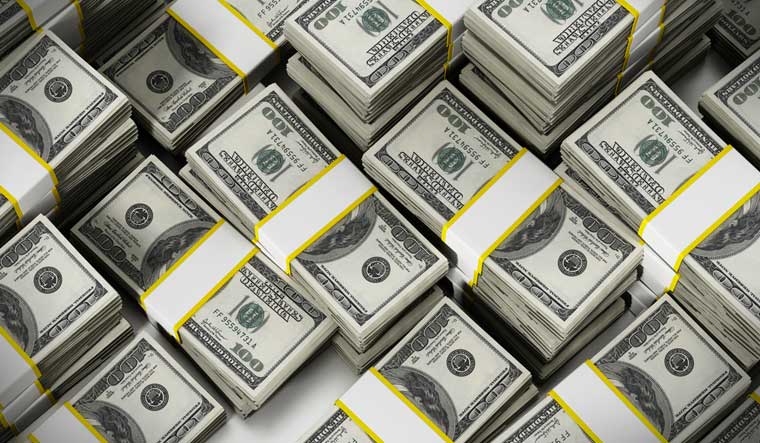Saleman Sheik, a 39-year-old garbage collector, stumbled upon a peculiar package near the Nagawara railway station in Bengaluru, which contained a staggering $3 million in US currency. Wrapped in paper, the package initially appeared to be discarded books. However, upon reaching home and opening it, Saleman discovered 23 bundles of US dollars emitting a strong chemical odour that made him feel unwell. With his employer out of town, Saleman decided to secure the money at his residence.
Saleman, hailing from West Bengal's Nadia district, reached out to social activist R Kaleemullah through his employer, who promptly notified the city police commissioner, B Dayananda. Astonished by the significant sum, Commissioner Dayananda immediately summoned the Hebbal police inspector to investigate further.
Kaleemullah told Indian Express that Saleman was in shock and did not sleep or eat from Friday till he met him. “The only food he had was at the city police commissioner’s office,” he said.
The package, as revealed by Kaleemullah, contained a note on official United Nations letterhead. The note described the funds as being part of a special fund established by the Economic and Finance Committee, aimed at assisting United Nations peacekeeping forces in South Sudan. Due to banking limitations and the risk of unauthorised individuals diverting the funds, the note explained that the currency notes had a visible laser stamp for security purposes.
According to the note, the 23 bundles consisted of $100 bills, labeled TB 0.30-365H/UNSEC/07 AFC, summing up to a staggering $3 million. It warned that the bills were anti-breeze and cautioned against exposing them to air or atmospheric pressure. Additionally, the note stated that the materials used on the bills were highly toxic, advising the use of hand gloves and nose masks before handling them. The letter specified the chemical required to remove the stamp as Fino-Bioxine Universal solution Code (BDZ8Y56).
Investigating officers suspect that the currency notes may be part of a "black dollar scam," a fraudulent scheme in which fake currency is used to deceive individuals during money exchanges. Perpetrators typically provide recipients with these counterfeit notes, instructing them to clean them with chemicals. Victims are drawn to the large sums involved, only to be ultimately deceived. The police suspect the possible involvement of African syndicates in this particular racket within Bengaluru.
To ascertain the authenticity of the currency notes, the police have seized all 23 bundles and sent them to the Reserve Bank of India (RBI) for expert examination. Although the initial assessment suggests the notes are fake, the police await the official confirmation from the RBI.
Meanwhile, an intriguing twist emerged when Saleman's employer, Tauhidul Islam, claimed that Saleman had been kidnapped by individuals who believed he possessed some of the counterfeit notes. However, no formal police complaint has been lodged regarding this incident.
Islam told Times of India that five men abducted him from his Nagawara residence in a four-wheeler and drove away. "They blind--folded me and asked me for the money. I told them that I had given everything to police, but they did not believe me. Around 9am the next day, they released me near Manyata Tech Park and warned me that they will finish my family and my family and me if I went to police," Islam told TOI.
Authorities have registered a case under the IPC section 489A (counterfeiting currency-note or bank-note) based on the preliminary findings.


